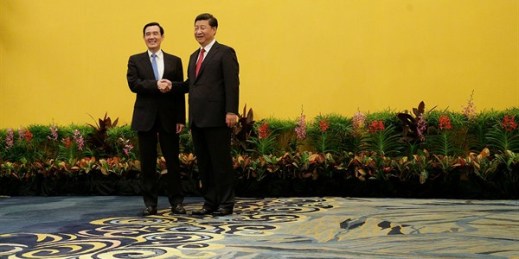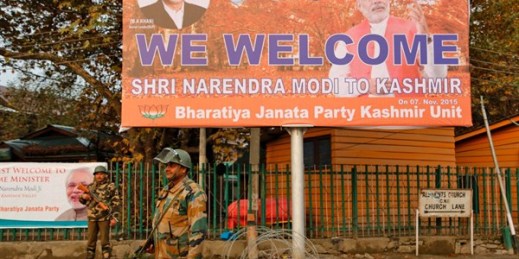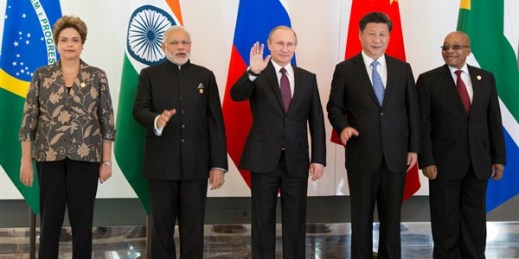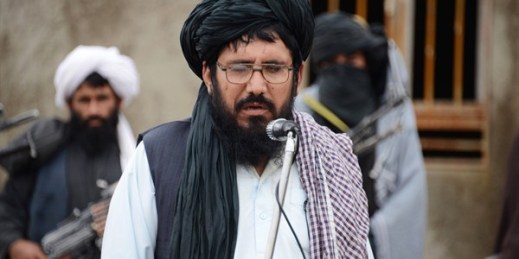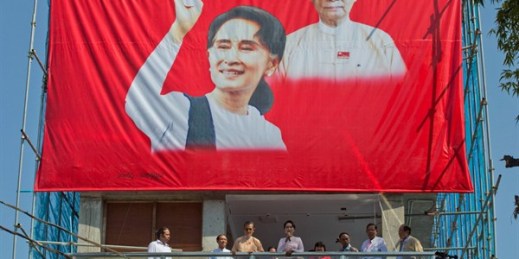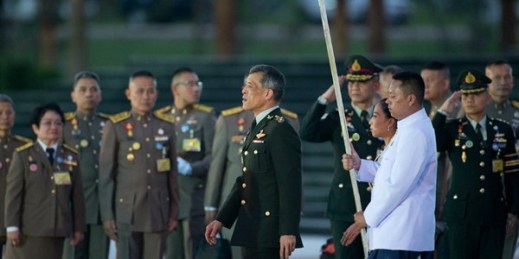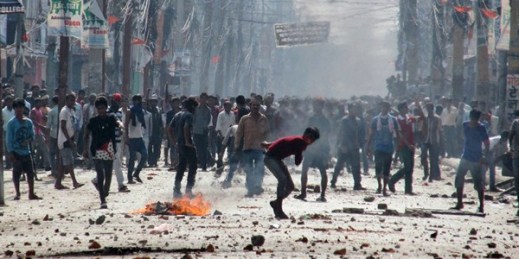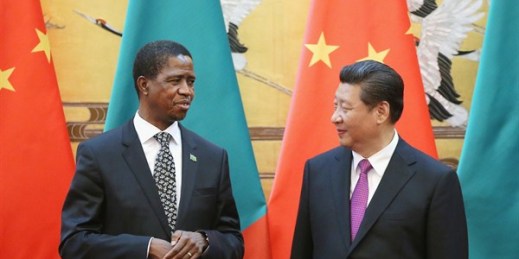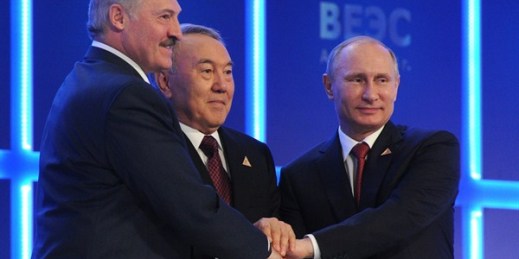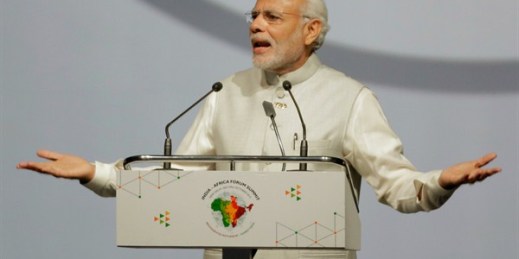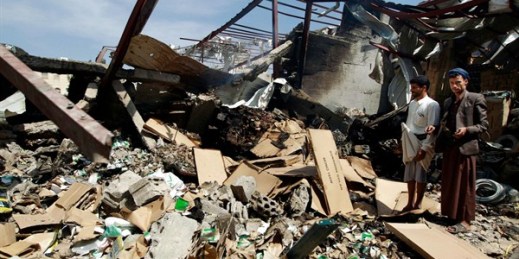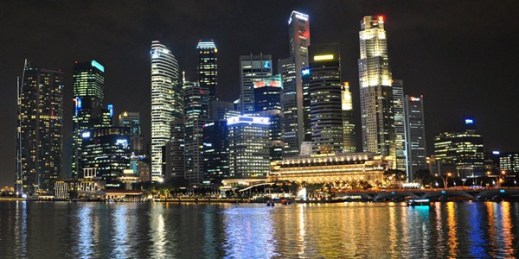
Editor’s note: This article is part of an ongoing WPR series on the Trans-Pacific Partnership and the potential impact on members’ economies. Since the Trans-Pacific Partnership (TPP), the biggest multilateral trade deal in recent years, was agreed to last month, the response to the pact in Singapore has been muted. In an email interview, Deborah Elms, executive director of the Asian Trade Centre, discussed the TPP and its expected impact on Singapore’s economy. WPR: What economic benefits is Singapore expected to see from its participation in the TPP? Deborah Elms: Because Singapore’s economy is already quite open and the government […]

